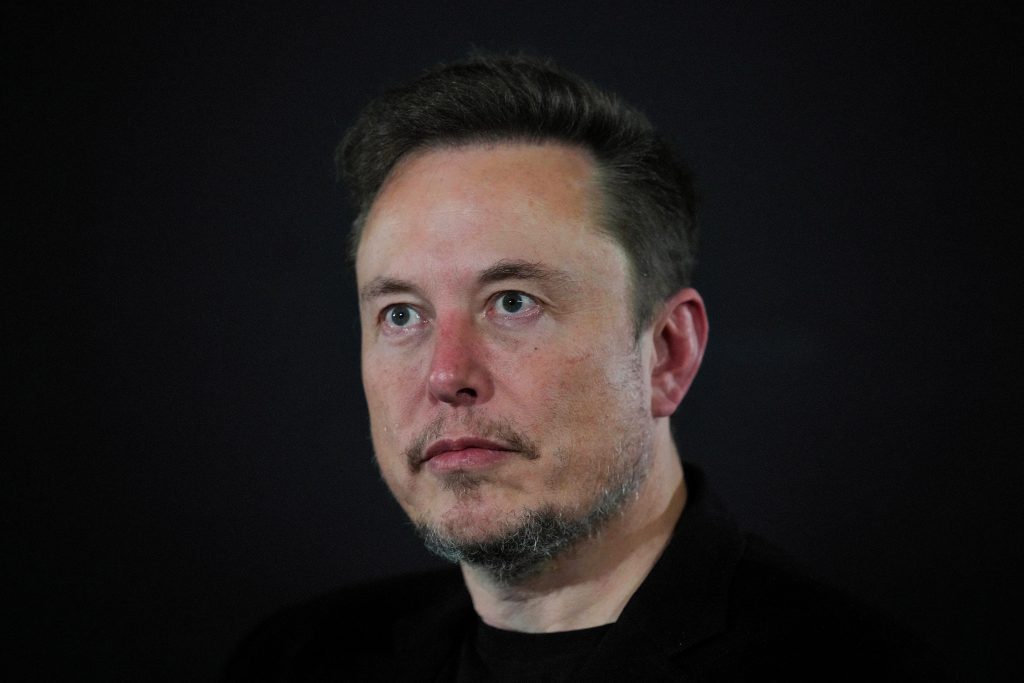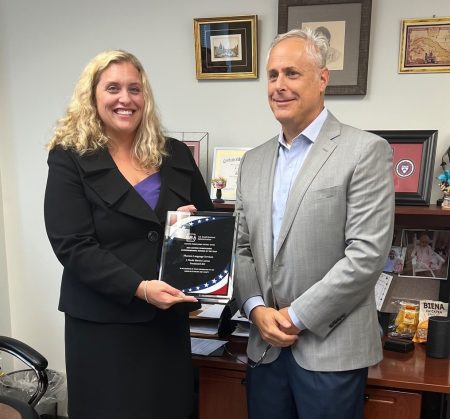By DAVID HAMILTON (AP Technology Reporter)
SAN FRANCISCO (AP) — Former CNN reporter Don Lemon engaged in a conversation with Tesla CEO Elon Musk in an interview Lemon shared on Musk’s X social network on Monday. The interview was meant to be the beginning of Lemon’s new talk show on X, previously known as Twitter, but Musk canceled the show shortly after the interview was recorded.
During the slightly over one-hour conversation, the two men debated various topics such as the political impact of immigration, the advantages and disadvantages of content moderation, Musk’s signs of depression, and his use of ketamine to ease them.
Here are some of the more important moments.
THE X GAMES: PLAYER VS. PLAYER
Musk described X as the “player versus player platform,” using a term for video games that pit players against each other, usually in fights to the death. Although he wasn’t very clear about what he meant by comparing X to a death match, he brought it up in the context of the occasional late-night posts where he seems to be looking for an argument.
The topic came up when Musk talked about how he relaxes by playing video games and his preference for these PvP contests — what he considers “hardcore” gaming. He said it’s a way to relieve stress, and agreed, to some extent, when Lemon suggested that facing X opponents served the same purpose. Though not always, he said.
“I use it to post jokes, sometimes trivia, sometimes things that are very important,” Musk said about his X posts.
MUSK USES KETAMINE TO TREAT POSSIBLE SYMPTOMS OF DEPRESSION
Musk is “almost always” sober when posting on X late at night, he told Lemon. “I don’t drink, I don’t really, y’know….” he said, his voice trailing off. Then Lemon asked about a topic Musk has previously talked about publicly — his use of the drug ketamine, a controlled substance also used in medical settings as an anesthetic and for treatment-resistant depression.
When Lemon inquired, Musk said he has a prescription for ketamine, although he resisted, calling it “pretty private to ask someone about a medical prescription.” He described “times when I have a sort of a negative chemical state in my brain, like depression, I guess,” and said that ketamine can be helpful for alleviating “a negative frame of mind.”
Asked whether he thinks he ever misuses the drug, Musk said he doesn’t think so. “If you’ve used too much ketamine, you can’t really get work done,” he said. “I have a lot of work.”
MEETING WITH TRUMP
Musk said he encountered Donald Trump in Florida recently — completely by chance. “I thought I was at breakfast at a friend’s place and Donald Trump came by,” he said. “Let’s just say he did most of the talking.” The conversation didn’t involve anything “groundbreaking or new,” he said. And Trump didn’t ask him for a donation, he added.
“President Trump likes to talk, and so he talked,” Musk said. “I don’t recall him saying anything he hasn’t said publicly.”
Musk has mentioned that he isn’t going to support or contribute to any presidential candidate, although he suggested he might reconsider his endorsement later in the political system. He’s not leaning toward anyone, he said, but added that “I’ve been leaning away from Biden. I’ve made no secret about that.”
IMMIGRATION AND THE GREAT REPLACEMENT THEORY
Musk stated that he rejects the racist 'great replacement theory,' which falsely claims that Jews are orchestrating a plan to reduce the influence of white people in the U.S. However, in his discussion with Lemon, he contended, with weak evidence, that a surge of immigrants without permanent legal status has unfairly impacted U.S. elections in favor of Democrats.
Lemon noted that immigrants living in the U.S. without legal permission cannot vote and therefore cannot show preference for any political party. Musk argued in response that these individuals are included in the U.S. Census, thus inflating the recorded population of U.S. states with large immigrant populations. This could theoretically lead to an increase in the number of congresspeople those states can send to the House of Representatives in Washington, although such redistribution only happens once every ten years.









